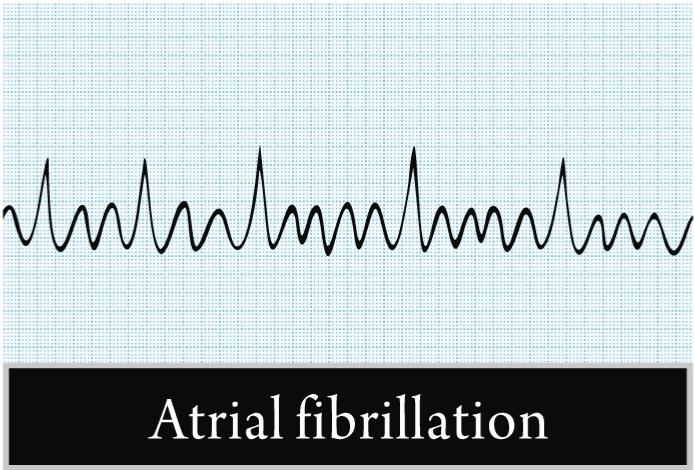Arq. Bras. Cardiol. 2020; 115(3): 536-537
The Cold Season Begins in the Tropics. Cryoablation for Atrial Fibrillation in Brazil
This Short Editorial is referred by the Research article "Experience in a Brazilian Center with Cryoablation for Electric Isolation of the Pulmonary Veins in Paroxysmal and Persistent Atrial Fibrillation – Preliminary Results in Brazil".
Pulmonary vein isolation is the cornerstone for atrial fibrillation ablation. The onset of fibrillation episodes by rapid firing of atrial tachycardias originating from these structures is well documented. The elimination of these triggers by electrical isolation of the pulmonary vein antrum is associated with better arrhythmia control and fewer adverse events, in both the paroxysmal and persistent forms of atrial fibrillation. However, this is not the only mechanism involved, especially in more advanced forms of this arrhythmia. An enormous amount of different ablation techniques has been described to address these other mechanisms. Despite the initial promising results, no other approach has shown effectiveness in large multicenter randomized trials until now.
Obtaining durable pulmonary vein isolation is not a simple task. The standard ablation catheters were designed to ablate a small circumscribed area of cardiac tissue, which is desirable for arrhythmia circuits like Wolff-Parkinson White, but it is a challenge when it is necessary to ablate large areas of complex tridimensional structures, such as the pulmonary vein antrum. The development of non-fluoroscopic navigation, irrigated tips and contact force real-time measurement, among other catheter remarkable improvements, were crucial for the adoption of atrial fibrillation ablation as a routine procedure in clinical electrophysiology. However, ablation with these catheters are still performed by point-by-point lesion deployment.
[…]
276

